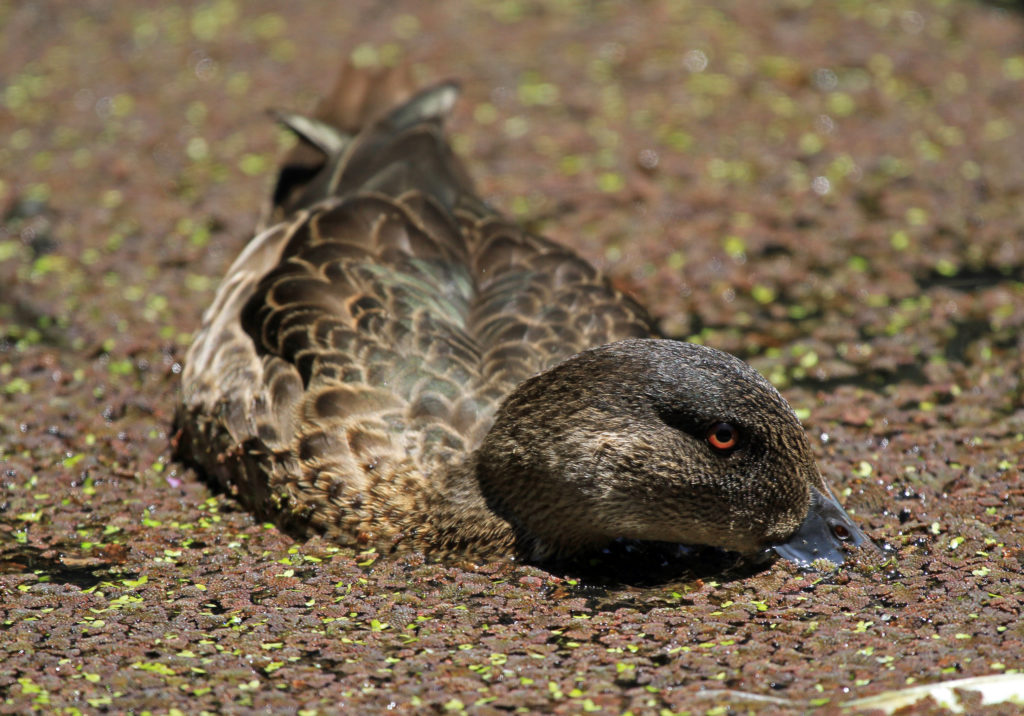Dr. Michelle Wille, Dr. Vanessa Marcelino, Professor Tania Sorrell & Professor Edward Holmes
Dr. Michelle Wille is a molecular ecologist at the WHO Centre for Reference and Research on Influenza at the Peter Doherty Institute. She is interested in virus ecology, with a focus on avian influenza A virus and other RNA viruses in the wild bird system.
Dr. Vanessa Marcelino is a postdoctoral researcher at the Marie Bashir Institute for Infectious Diseases and Biosecurity at the University of Sydney. She studies bacteria and microbial eukaryotes within microbial communities to understand their interactions with each other, with their hosts and environment, and their molecular evolution.
Professor Tania Sorrell is Co-Director of the Marie Bashir Institute for Infectious Diseases and Biosecurity at the University of Sydney. She has a keen interest in the inter-relationship between the environment, plants, animals and humans – the concept of “One Planet - One Health”. She is particularly interested in tracking antimicrobial resistance its implications for human (and animal) health and for reducing this serious emerging health threat.
Professor Edward Holmes is an evolutionary biologist at the Marie Bashir Institute for Infectious Diseases and Biosecurity at the University of Sydney. He is known for his work on the evolution and emergence of infectious diseases, particularly the mechanisms by which RNA viruses jump species boundaries to emerge in humans and other animals. He currently holds an ARC Australian Laureate Fellowship
Dr. Vanessa Marcelino is a postdoctoral researcher at the Marie Bashir Institute for Infectious Diseases and Biosecurity at the University of Sydney. She studies bacteria and microbial eukaryotes within microbial communities to understand their interactions with each other, with their hosts and environment, and their molecular evolution.
Professor Tania Sorrell is Co-Director of the Marie Bashir Institute for Infectious Diseases and Biosecurity at the University of Sydney. She has a keen interest in the inter-relationship between the environment, plants, animals and humans – the concept of “One Planet - One Health”. She is particularly interested in tracking antimicrobial resistance its implications for human (and animal) health and for reducing this serious emerging health threat.
Professor Edward Holmes is an evolutionary biologist at the Marie Bashir Institute for Infectious Diseases and Biosecurity at the University of Sydney. He is known for his work on the evolution and emergence of infectious diseases, particularly the mechanisms by which RNA viruses jump species boundaries to emerge in humans and other animals. He currently holds an ARC Australian Laureate Fellowship
The canary in a superbug mine
Birds inhabit a range of habitats around the world and play a crucial role as sentinels of antibiotic resistance in the environment. A recent study published in BMC Biology used an innovative approach to detect antibiotic resistance genes in microbiomes of birds from the most remote locations to those from wastewater treatment facilities: here to explain the work are the authors of the paper.

While documentaries showing penguins raising their young in the middle of perilous blizzards captivates many, in reality, most of our interactions with birds are quickly forgotten, with perhaps the exception of mild annoyance when seagulls steal our chips at the beach. These same seagulls often enjoy a free meal at landfill sites and then clean their feathers in our drinking water reservoirs. As birds are global residents, occupying diverse ecological niches, what happens in Australia doesn’t always stay in Australia – many of these species migrate to Siberia and back, connecting the opposite ends of our planet.
































No hay comentarios:
Publicar un comentario